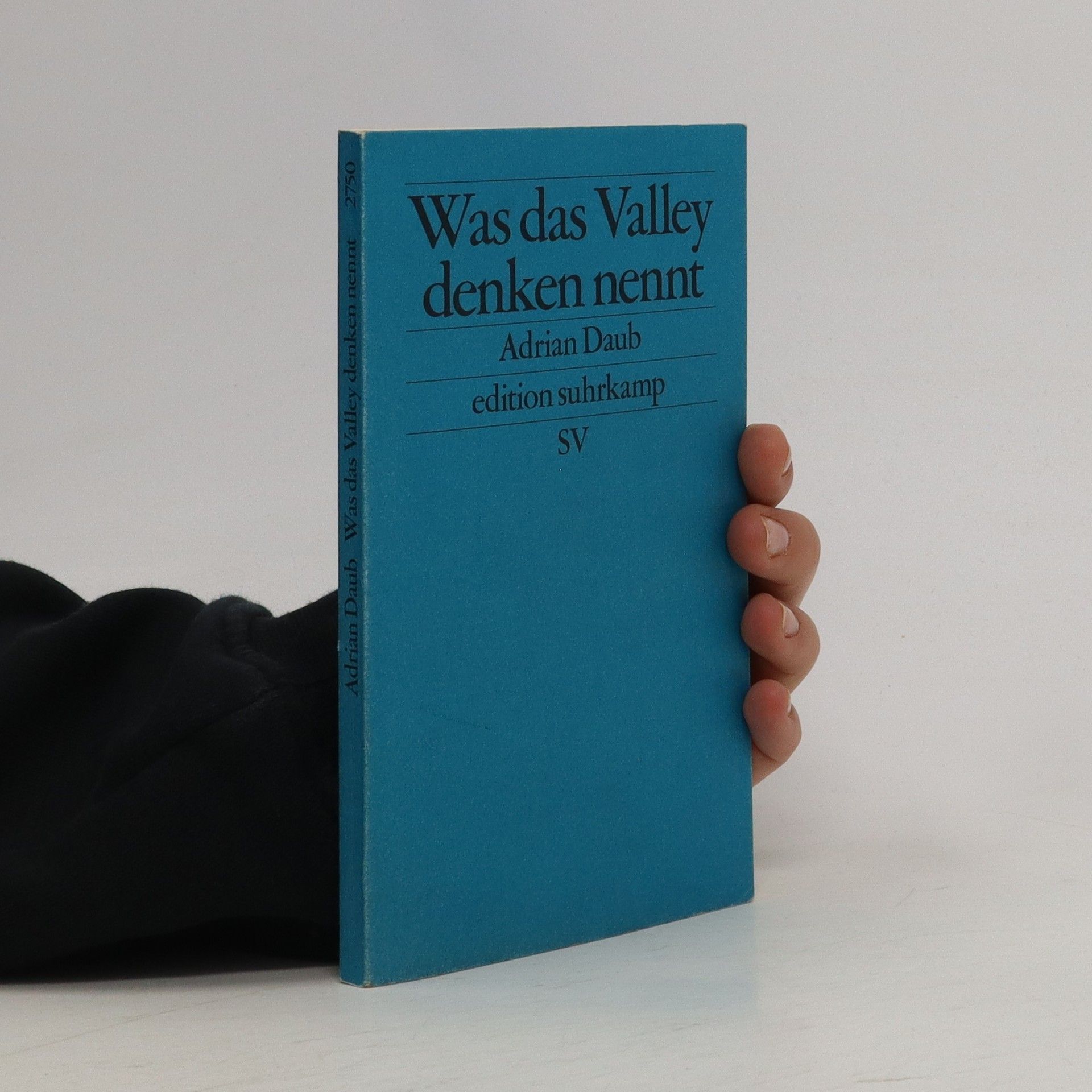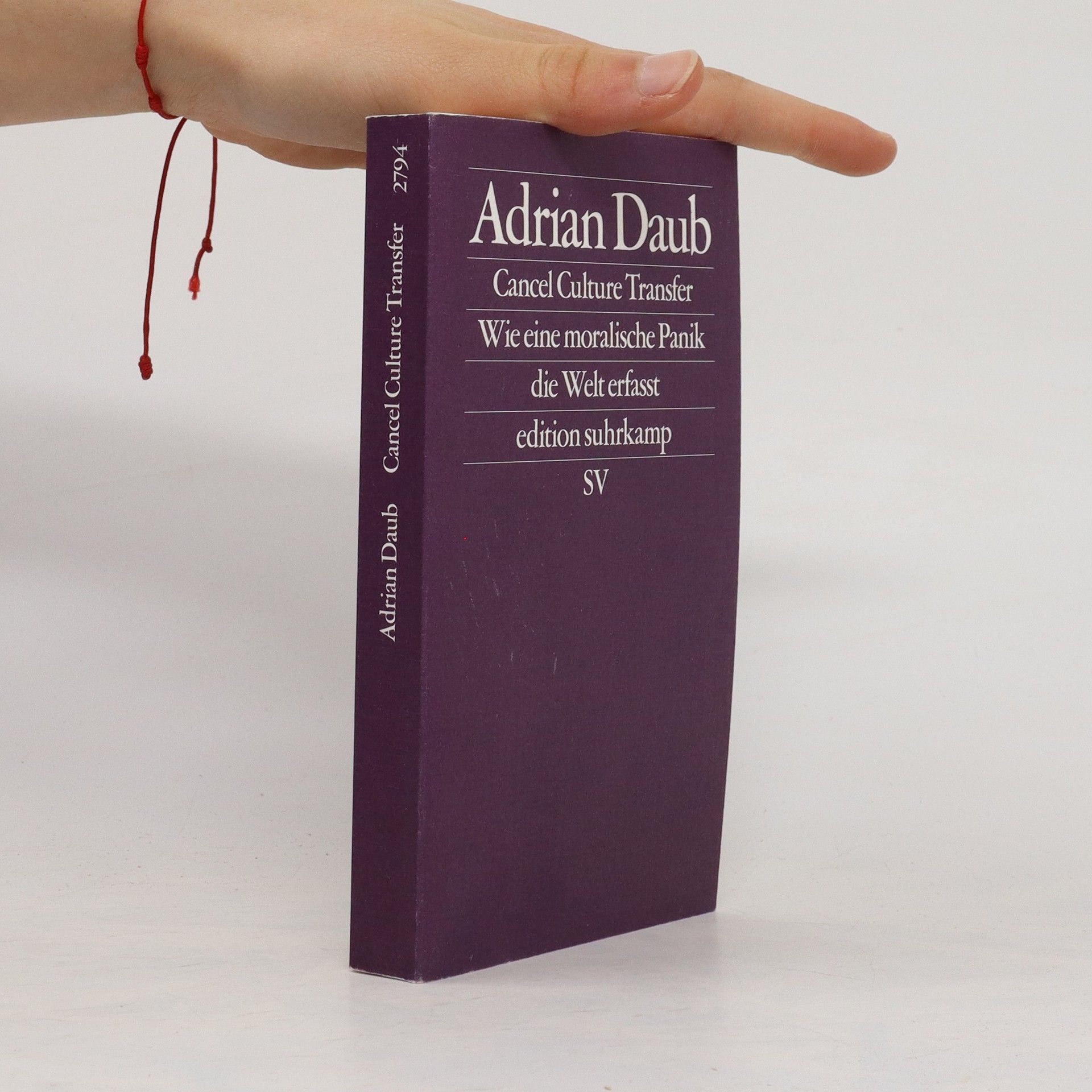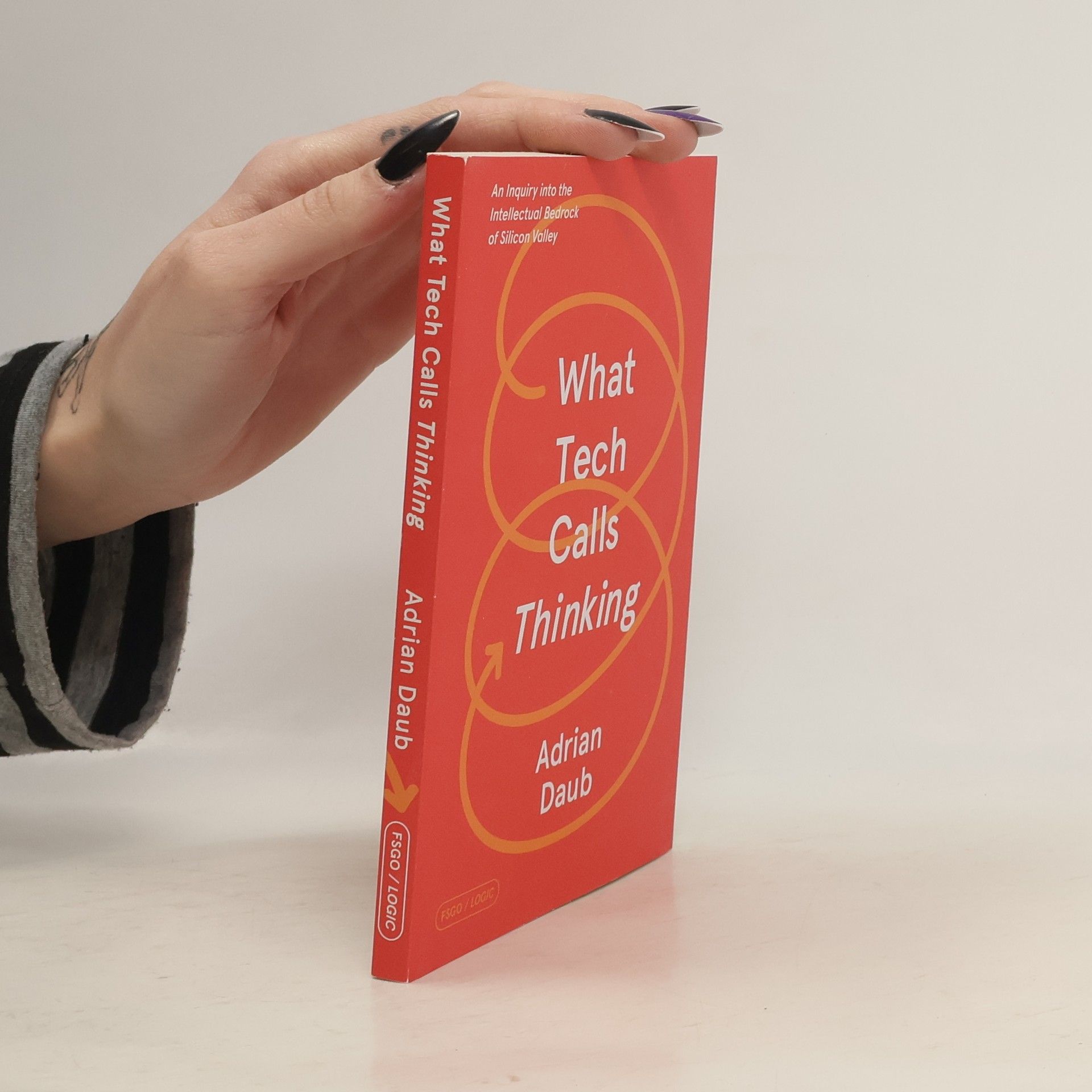Living Genres in Late Modernity
- 354 pages
- 13 hours of reading
Living Genres in Late Modernity rehears the American 1970s through the workings of its musical genres. Exploring stylistic developments from the late 1960s through the early 1980s, including soul, funk, disco, pop, the nocturne, and the concerto, Charles Kronengold treats genres as unstable constellations of works, people, practices, institutions, technologies, money, conventions, forms, ideas, and multisensory experiences. What these genres share is a significant cultural moment: they arrive just after “the sixties” and are haunted by a sense of belatedness, loss, or doubt, even as they embrace narratives of progress or abundance. These genres give us reasons—and means—to examine our culture’s self-understandings. Through close readings and large-scale mappings of cultural and stylistic patterns, the book’s five linked studies reveal how genres help construct personal and cultural identities that are both partial and overlapping, that exist in tension with one another, and that we experience in ebbs and flows.



